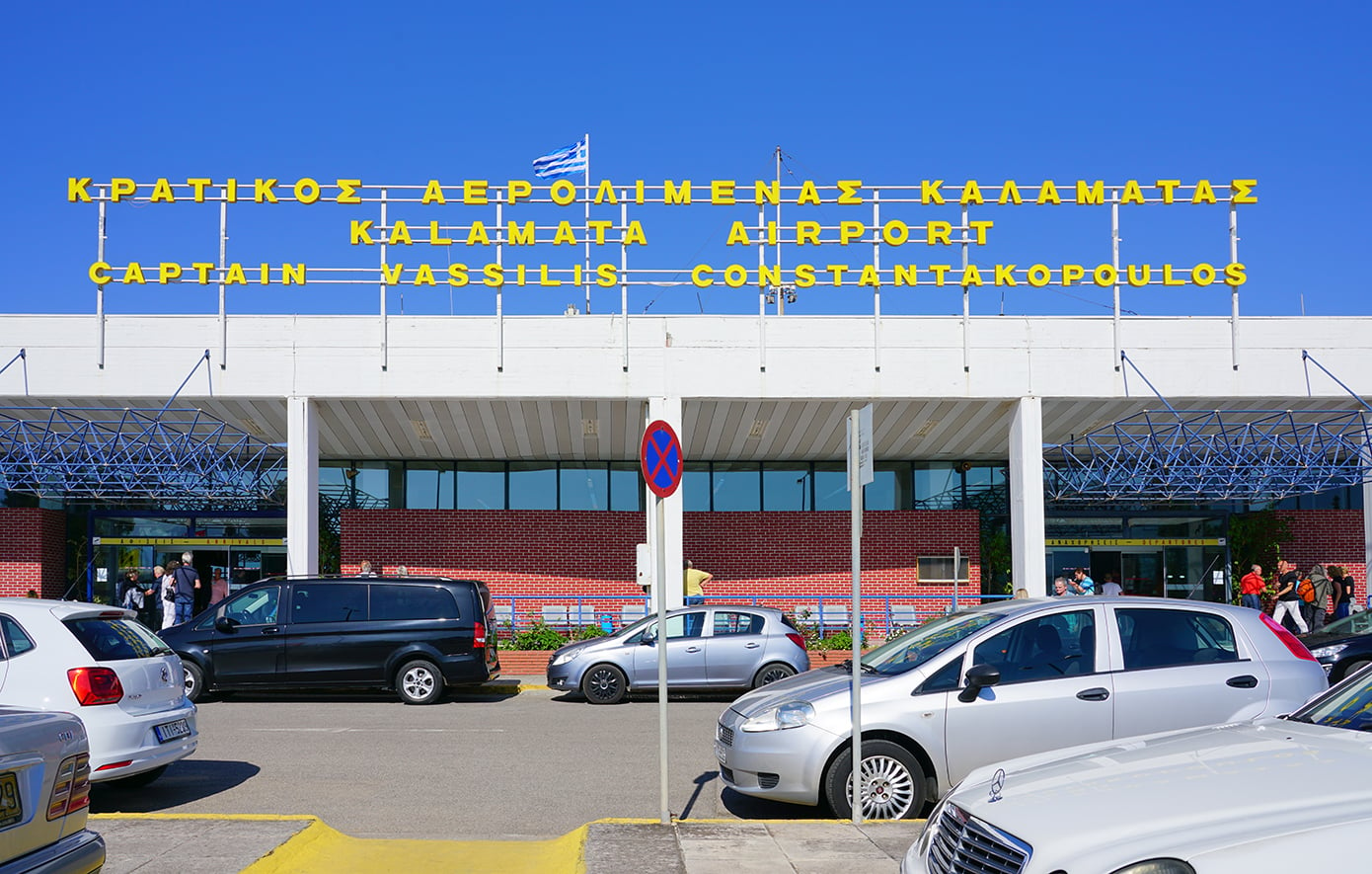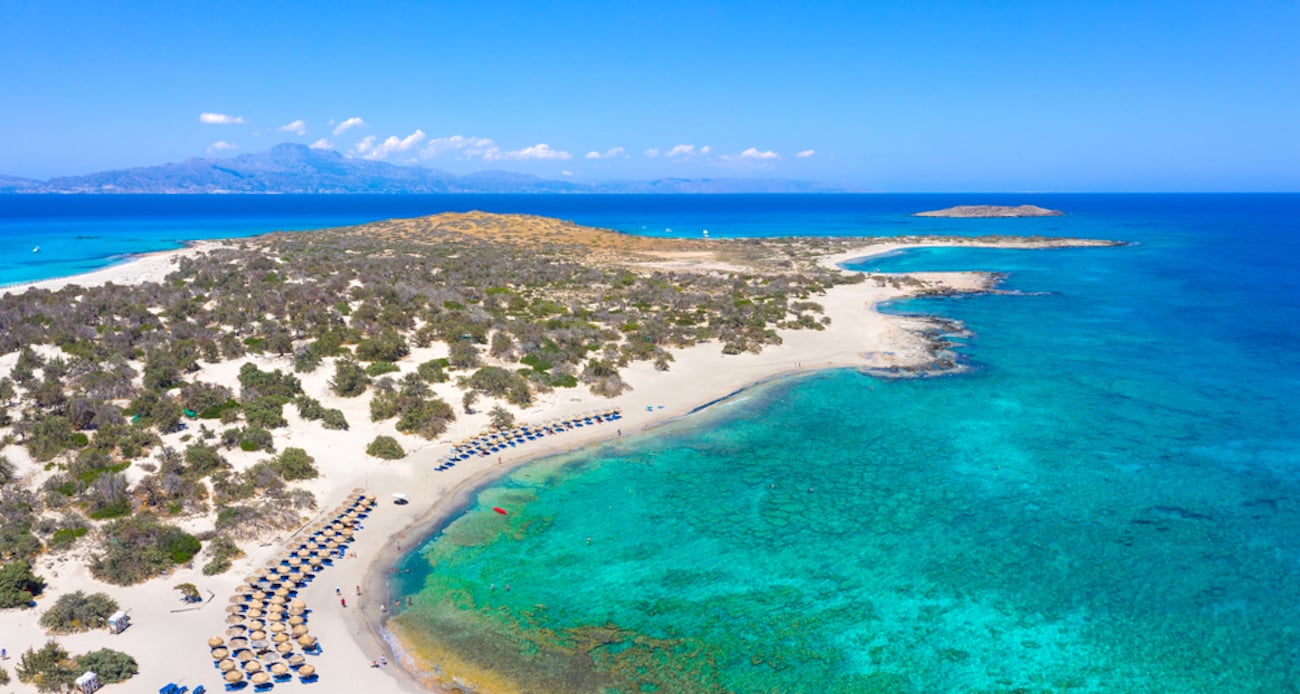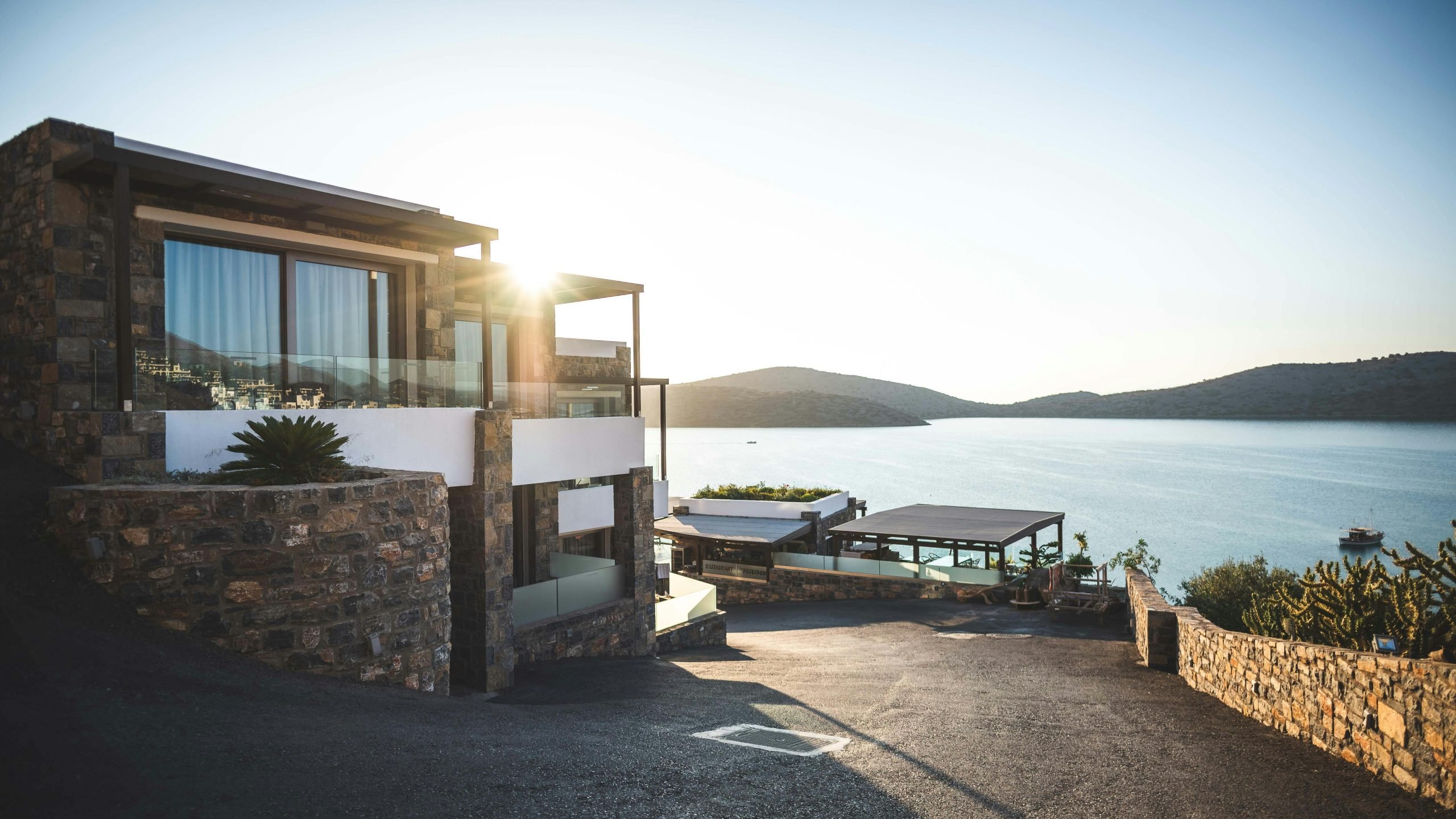What were the Ancient Olympics like? They definitely didn’t include surfing, table tennis, and mountain biking. What events were in the Ancient Olympics in Greece, and how do the Ancient Olympics compare to the Modern Olympics?

The Ancient Olympic Games were one of the most important events in the ancient Greek world for over one thousand years, from 776 BC to 390 AD. They originally featured only a few events: Running, jumping, throwing, boxing, wrestling, pankration, and chariot racing.
Who Could Take Part in the Ancient Olympics?
All free Greek men could be a part of the Ancient Olympics. It didn’t matter your job or your class or wealth. Among the Olympian athletes were army generals, shepherds, members of the royal family, and even Democritus, the philosopher.
A majority of Olympians were soldiers. Women could not compete, and if you were a married woman, you could not attend the event.
The Ancient Olympics were not only important for those competing, but also for merchants. Painters, artists, and speakers came to show off their talents, and also to sell their goods. In the week of the Ancient Olympics, vendors from all over the Greek world made the long journey in the hopes of a large profit.

How Popular Were the Ancient Olympics?
When the Persians invaded Greece in 480 BC, Greek city states agreed to put together an army to defend themselves. However, it was difficult to get enough men together because so many people wanted to be at the Olympics.
The Ancient Olympics were a huge deal. Citizens from all over the Greek empire came, which sometimes meant traveling from modern day Germany, France, Libya, and Spain. One of the reasons for the popularity was not just the sporting events, but also the food. Usually, meat was on the menu for the viewers, which was rare for the common Greek citizen of the time.
In the case that city states were at war (which was often true), temporary access was allowed for travelers to pass through to the Olympics.

Where Were the Ancient Olympics Held?
For the first 250 years of the Ancient Olympics, everything happened in the sanctuary of Olympia, which is in the northern Peloponnese and can be visited today. The site, when not being used for the Ancient Olympics, was a wheat field.
How Long Did the Ancient Olympics Last?
The Ancient Olympics were five days long. At least 40,000 spectators came to the stadium. The most popular time for the Olympics was the second century AD.
What Was the Prize for Olympic Winners?
In the Ancient Olympics, there were no gold, silver, and bronze medals. Only one winner received a prize, and it was usually a crown of leaves. In the first years of the Olympics, the crown was from olive leaves. When the Ancient Olympics expanded to other areas, the prize depended on the area. In Delphi, the crown was of laurel. In Corinth, you received pine. The winner also usually received a red wool ribbon.
Olympic Glory in Ancient Greece
There was no financial prize for winning an event in the Ancient Olympics. But you became an important figure for your home town, and it often meant a hero’s welcome and local political power, sometimes for the rest of your life.
If you won an event in the Ancient Olympics, you could build a statue of yourself, or ask a poet to write about your heroic acts. The crown of leaves was the true prize though, because it guaranteed your honor and respect.

Ancient Olympic Events
Chariot Racing
The chariot race was made famous by the Ben Hur movie and was one of the longest lasting events of the Ancient Olympics.
The race featured a driver which stood on an open-back carriage, which was pulled by 4 horses. It’s hard to imaging the power of four horses moving together. One horse is as strong as ten men, which means that four horses have the power and force of 40 men combined.
The horses raced around the track 12 times, covering 14,000 meters. It was critical to be first to the first corner. Imagine a Formula One race nowadays, where being first is always safer than being in a pack with other drivers. Collisions almost always happened, and it was not uncommon to see dramatic flips. Falls and life-threatening injuries were always a reality.
Paradoxically, the winner was not the chariot driver, but the owner of the horses. This meant women could win the chariot event. Kyniska, the daughter of King Archidamos of Sparta, was the first woman to win an Ancient Olympic event. Her chariot won in 396 B.C.

Boxing
Boxing in the Ancient Olympics had no weight classifications, no scoring system, and no time limit. Athletes competed naked.
One of the most famous boxers in the Ancient Olympics was Diagoras of Rhodes, who won in the 464BC boxing event. He never ducked or tried to avoid a punch, but accepted each hit. His hope was entirely in his own winning punch.
Melankomas of Caria was known, instead, for his ability to avoid punches. This Olympic champion of 45 AD would avoid punches until the other fighter fell down in exhaustion. He once fought for two days straight.
If a winner could not be decided, both men could agree to something called “klimax”. In this system, each fighter would have a free punch at his opponent. As expected, the first person to punch (decided by a coin toss) was usually the winner.

When Did the Ancient Olympics End?
For over one thousand years, the Greeks, and later the Romans, held the Ancient Olympics. It wasn’t until 393 AD that the Christian emperor Theodosius I stopped all pagan activities. This included the Ancient Olympics, because they were connected to sacrifices to Zeus and other Greek gods.
Even with the end of the Ancient Olympics, similar sports events and contests continued in the Greek provinces of the Roman empire until 500 AD.
Fast forward to today, and the first Modern Olympics (the Olympics we know today) were held in 1896.



































